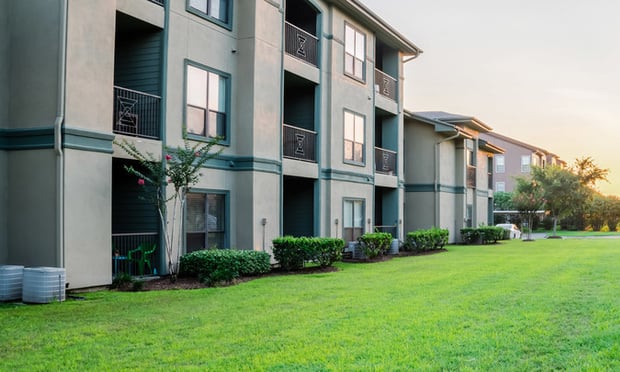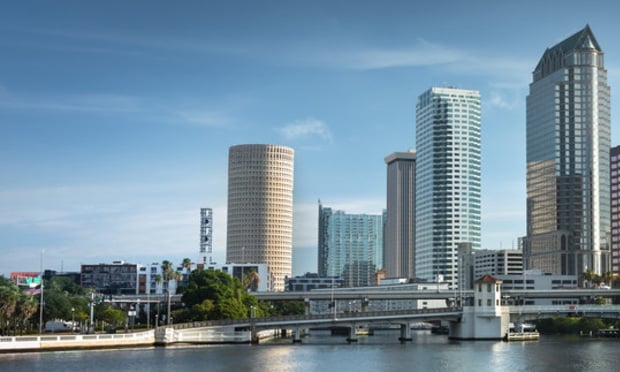 The Service First brand is looking to disrupt the traditional auto repair service (credit: Crexi).
The Service First brand is looking to disrupt the traditional auto repair service (credit: Crexi).
HOUSTON—Auto repair and collision centers comprise a multibillion-dollar industry that has become an attractive niche for real estate investors seeking safe alternatives, i.e. Internet-proof investments that offer the potential for steady cash flow. This nontraditional net-lease property type is growing in popularity for this and other reasons.
One example is auto repair chain, Service First, which is gaining ground and building from its Texas roots, says Luke Miller of The Mansour Group, a Marcus & Millichap real estate services team specializing in single-tenant retail and shopping center properties. The Service First brand is looking to disrupt the traditional auto repair service, which is typically inconsistent and unreliable in terms of service and quality. Moreover, it has a lingering reputation of taking advantage of customers, he points out.
"Service First started in Houston and now is making a presence in DFW and San Antonio. Their next iteration is out of state actually," Miller tells GlobeSt.com. "They primarily go into high-income areas and are focused on quality real estate fundamentals. They are in rapid expansion mode and The Mansour Group has 11 currently on market."
Meanwhile, the collision sector is growing as well with Caliber Collision and Service King, both Dallas-Fort Worth-area based companies owned by major private equity firms, leading the auto body industry. Caliber Collision is the bigger of the two, with more than 1,100 locations in 37 states. Service King has 344 locations in 24 states. CoStar data shows 47 Caliber Collision were sold last year and more than 30 so far this year. Meanwhile, eight Service King properties have been sold this year and 17 were sold last year.
Caliber Collision and Service King continue to expand locations, either through new construction or buying an existing shop and converting it. Many individual buyers come out of California, fresh off of apartment sales and looking to get away from property maintenance, management and expenses by rolling their gains into a collision center property, says Kevin Mansour of The Mansour Group.
Prices and annual yields for collision centers vary by property. Factors in pricing and cap rate include the property's age, terms left on the lease and location, says CoStar.
Want to continue reading?
Become a Free ALM Digital Reader.
Once you are an ALM Digital Member, you’ll receive:
- Breaking commercial real estate news and analysis, on-site and via our newsletters and custom alerts
- Educational webcasts, white papers, and ebooks from industry thought leaders
- Critical coverage of the property casualty insurance and financial advisory markets on our other ALM sites, PropertyCasualty360 and ThinkAdvisor
Already have an account? Sign In Now
*May exclude premium content© 2024 ALM Global, LLC, All Rights Reserved. Request academic re-use from www.copyright.com. All other uses, submit a request to [email protected]. For more information visit Asset & Logo Licensing.








